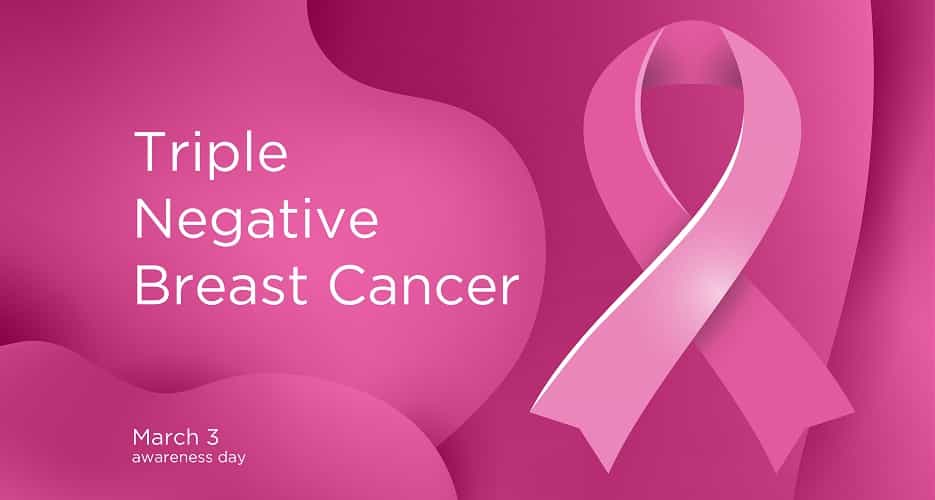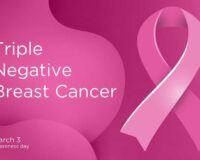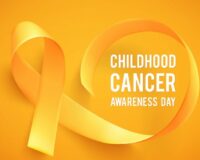What is TNBC? [1,2]
It is a complex type of breast tumors, characterized by heterogeneity.
Triple negative breast cancer is negative for the three types of receptors expressed in other cancer types, which are:
- Estrogen receptor (ER)
- Progesterone receptor (PR)
- Human Epidermal Growth receptor 2 (HER2)
Your doctor will always provide you the needed treatment based on the characteristics and stage of the cancer.
Statistics:
TNBC accounts for approximately 24% of the newly diagnosed breast tumors [2], moreover it is the most frequent breast cancer type encountered in patients with BRCA1 gene mutation. [1]
-It is more common in: [1,3]
- Females younger than 40
- Black women of American-African origin
- Women with BRAC1 gene mutation
Therapies:
-There’s a combination of:
- Surgery
- Chemotherapy
- Radiotherapy
- Immunotherapy
As you consider treatment options, it’s important to keep a few things in mind:
- You and your doctor work together to determine the type of surgery that’s right for you, based on the characteristics of the cancer, your family and medical history, and your preferences.
- Doctors almost always recommend radiation therapy after lumpectomy and may recommend it after mastectomy if the cancer is large or if there is cancer in the lymph nodes.
- You may receive chemotherapy before or after surgery, depending on the characteristics of the breast cancer and your medical history.
- Immunotherapy medicines use the power of your body’s immune system to attack cancer cells.
- Many newer treatments are recently approved for triple-negative breast cancer:
- Keytruda (chemical name: pembrolizumab) to treat unresectable locally advanced or metastatic TNBC, PD-L1-positive, in combination with chemotherapy.
- Keytruda in combination with chemotherapy before surgery, followed by Keytruda alone after surgery to treat early-stage, TNBC that has a high risk of coming back (recurrence).
- The targeted therapy Trodelvy (chemical name: sacituzumab govitecan-hziy) to treat previously treated, metastatic TNBC, as well as previously treated metastatic, hormone receptor-positive breast cancer.
Donate to support free resources and programming for people affected by breast cancer.
References:



